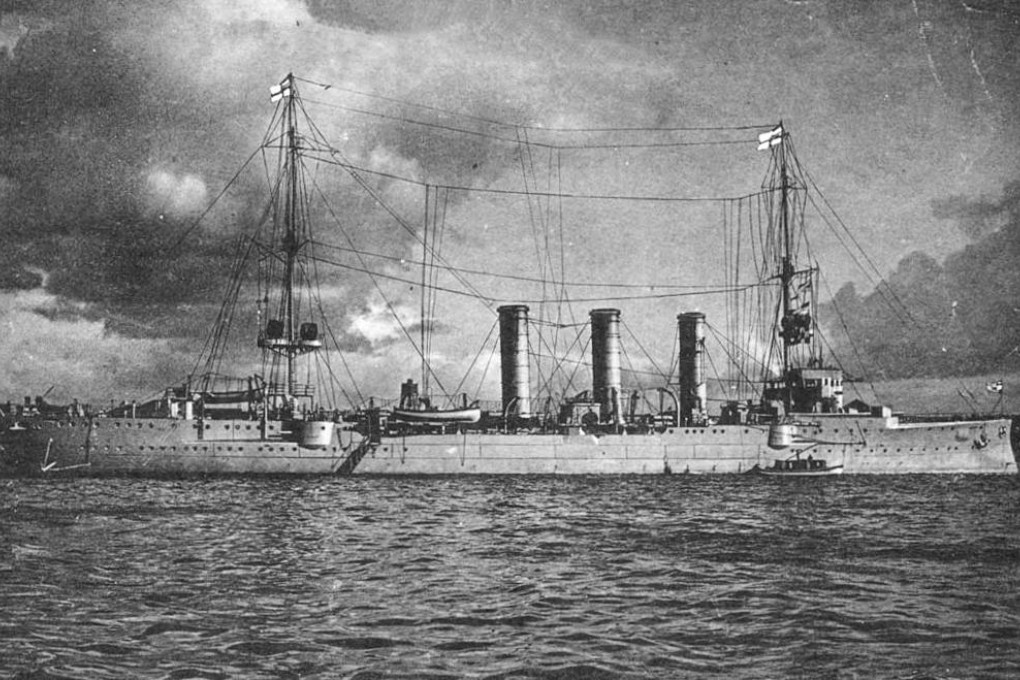Then & now: Lest we forget
In the 100 years since the first world war began, those who died in service haven't always been respected, writes Jason Wordie.

August marks a century since the beginning of what became the first world war.
This devastating conflict affected the entire world; its political, economic and social aftermath materially shaped how we live today, in ways that many either do not recognise (such as dramatically redrawn national borders) or take for granted (most obviously, technological advances accelerated by wartime requirements, such as the development of aircraft and radio, and enormously increased employment and other opportunities for women).
Hong Kong’s involvement in that conflict was limited. While many Europeans left the colony to sign up (those subsequently killed elsewhere are listed on memorial plaques scattered around the city), other men were prohibited from enlisting; their civilian roles here were officially deemed more important to the overall war effort than military service on the other side of the world.
As ever in Hong Kong, issues of economic expedience prevailed in the determination of national and personal loyalties. Businesses that had long capitalised on their German connections now looked elsewhere; one long-established trading firm, still in operation, swiftly asserted its (hitherto underplayed) Danish heritage when the war broke out.
Greater vigilance was adopted when it came to potential enemy shipping in Hong Kong in late 1914, in the wake of daring raids on Penang harbour and elsewhere by the German cruiser SMS Emden, then at large in the Indian Ocean. Radio communications were still in their infancy, meaning ships at sea were virtually undetectable.

Hong Kong’s involvement in the second world war, however, was direct, and the long-term impact much more profound. On a war footing from 1938, following the Japanese invasion of China the previous year, the colony was occupied by the Japanese from 1941 to 1945.